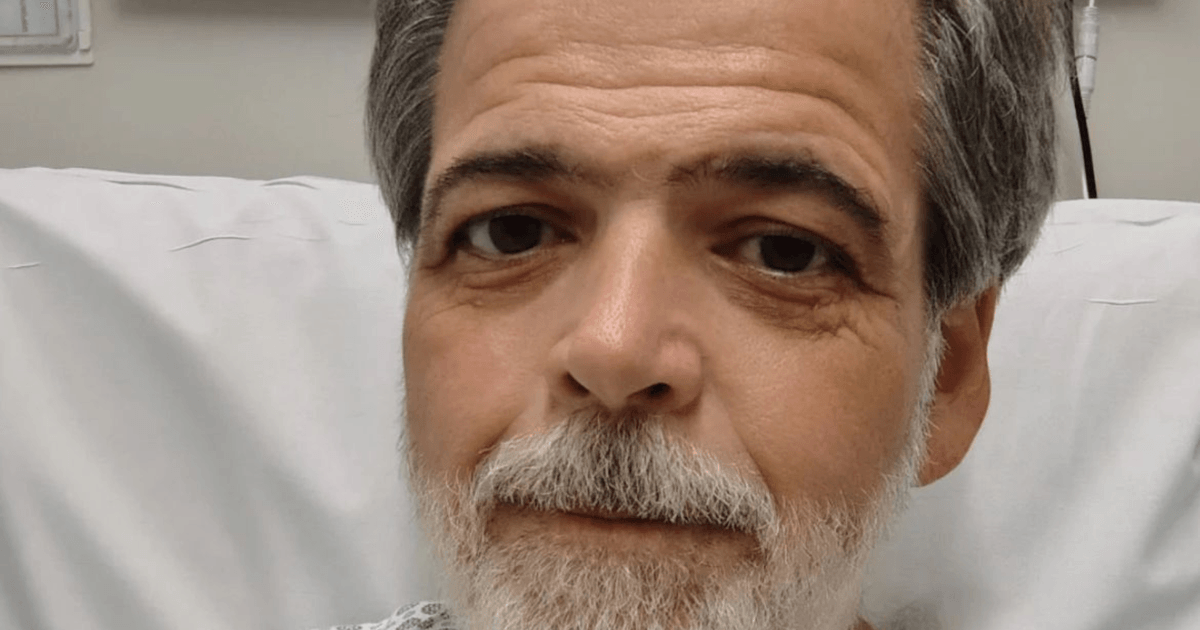Will the temporary workers be Ana Paula Martins' life insurance policy?

At this moment we don't know what the fate of the Minister of Health in the Government will be. It's natural that Ana Paula Martins is fed up, that she wants to leave and return to her life as a doctor and hospital manager, which must be much more peaceful compared to this.
For the prime minister, replacing an unpopular minister who is under evident daily media pressure may also be the fuse that is sacrificed to control the damage to the government.
But the calculations are no longer so simple. From the moment a professional class with clear interests at stake comes to the public arena threatening a strike if the minister does not back down on her intention to reduce the price she pays them, Luís Montenegro should think twice, three times, ten times before relieving Ana Paula Martins of the burden.
Certainly unintentionally, the task-oriented individuals who threaten to paralyze the already fragile hospital emergency services may have become the minister's political life insurance. It's certainly a short-term insurance policy, since the only thing that lasts a long time in this situation are the headaches. But at this critical moment, it's enough to recommend great political caution.
If the Prime Minister replaces Ana Paula Martins in the coming days or weeks, under pressure from temporary workers and while the decision on the amounts the State pays them is still pending, this government will never be able to do anything relevant that could alienate the relevant professional groups in the sector.
Everyone will understand the signal: faced with a measure that threatens their interests, protest and the threat of a strike will force the government to back down to avoid further trouble.
Ultimately, this would be to formalize the capture of the National Health Service by sectoral corporate interests.
It is true that part of this government's political imbroglio began during the election campaign, when the AD (Democratic Alliance) created the expectation of a quick resolution to problems that had been manifesting themselves for years. The operation of the SNS (National Health Service) may not have worsened in the last two years, but the perception is that it hasn't improved either.
Beyond the greater or lesser political skill, the truth is that the National Health Service (SNS) seems ungovernable today. Professional classes that wield more power than political leaders, inverted incentives that exacerbate difficulties, dependence on a set of individual or collective wills, and a bottomless pit in budgetary terms.
The more chaos there is and the more problems arise in the structures and current activities, the more dependent the NHS is on freelancers and those who perform surgeries and medical procedures outside normal working hours, charging star-level football salaries.
More than the political pact between parties suggested by the President of the Republic, the National Health Service (SNS) needs a pact between all relevant stakeholders. A medium- and long-term understanding that reorganizes the sector, aligns incentives, defines objectives, and rewards professionals, sharing any efficiency gains that may be achieved.
The current trajectory is quite clear. The National Health Service (SNS) is becoming, increasingly, an extremely expensive healthcare system paid for by everyone, but only used by those who cannot afford insurance and resort to the private sector. In other words, it is becoming precisely the opposite of what motivated its creation and development.
observador





